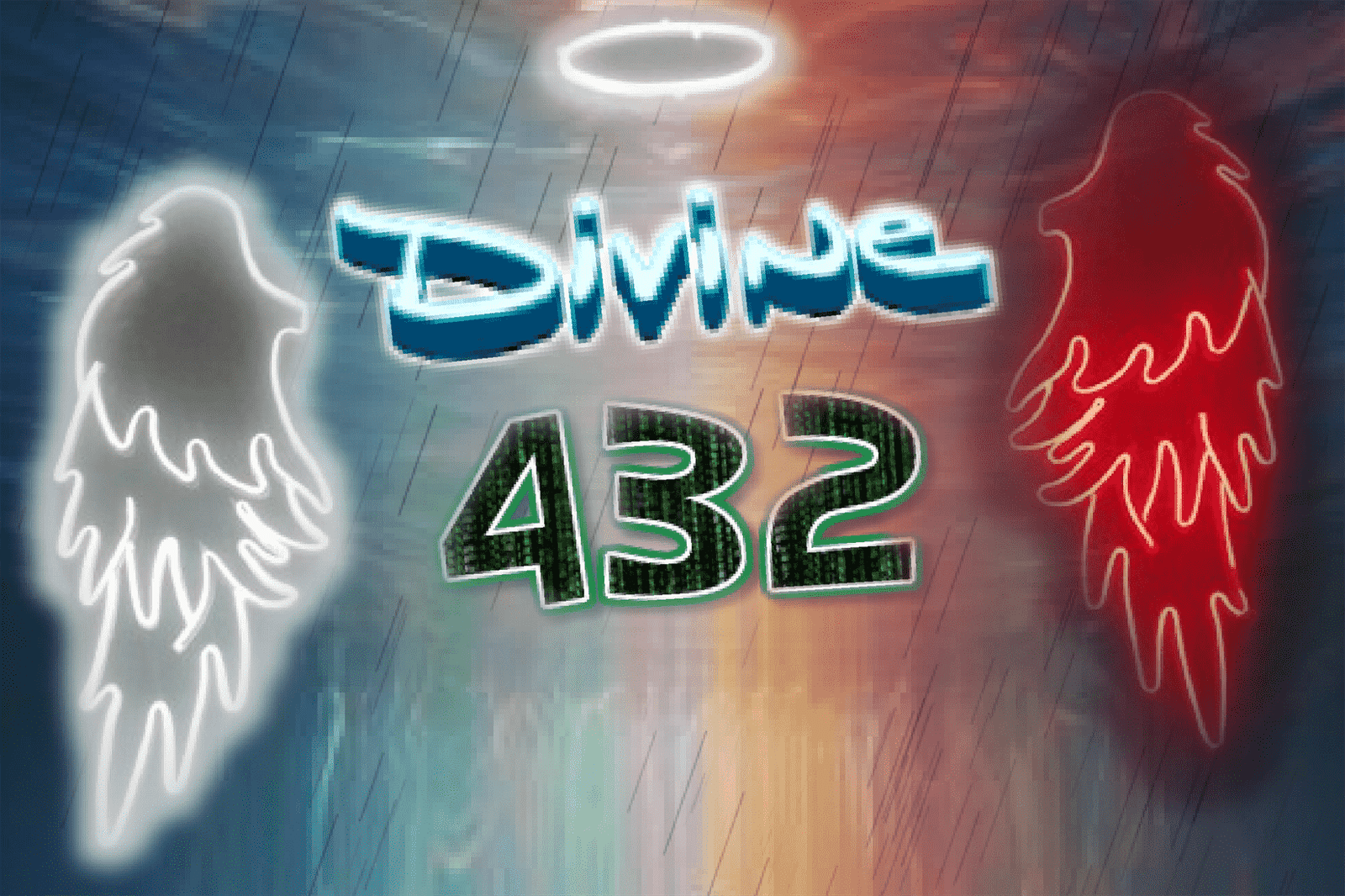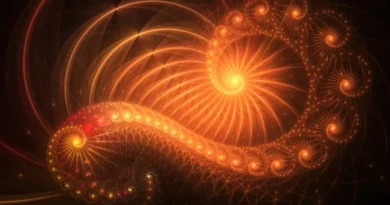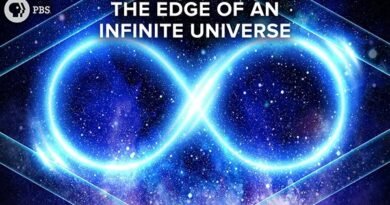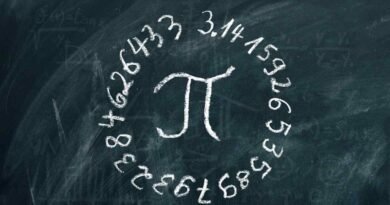The Paradoxes of Infinity: Boundless Journey
Introduction: Diving into the intricate realms of mathematics and philosophy, we encounter the paradoxes of infinity—a mesmerizing domain where conventional logic meets its match. In this exploration, we delve deep into the paradoxes of infinity, shedding light on their perplexing nature through vivid examples and thought-provoking insights.
The Paradoxes of Infinity (Countable): At the heart of our journey lies the paradoxes of countable infinity. These enigmatic puzzles, as elucidated by Georg Cantor, reveal a startling truth: some infinities surpass others—a notion that defies conventional wisdom.
Consider the infinite sequence of natural numbers: 1, 2, 3, 4, and so forth. While one might assume this sequence exhausts all natural numbers, the paradoxes of countable infinity suggest otherwise. Cantor’s revelation that the set of natural numbers is countably infinite aligns each number with a proper subset of itself, challenging our notions of infinity’s magnitude.
This paradox is vividly illustrated by the set of even numbers: 2, 4, 6, 8, and onwards. Despite being a subset of natural numbers, each natural number aligns with a unique even number, offering a profound glimpse into the complexities of infinity’s vastness. the paradoxes of infinity continues with Zeno’s paradoxes
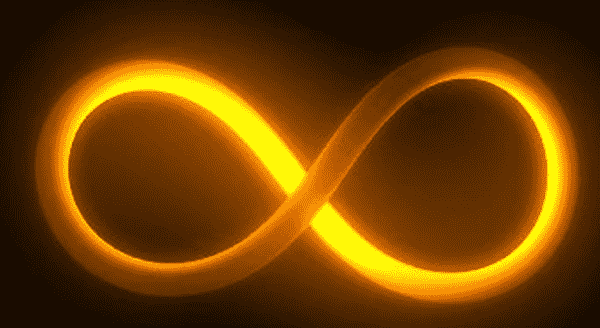
Zeno’s Paradoxes: Centuries preceding Cantor, the philosopher Zeno of Elea grappled with infinity’s paradoxes through his renowned thought experiments. Among these, the Dichotomy Paradox stands as a testament to the intricate relationship between infinity and fundamental concepts like motion.
Zeno’s paradoxes challenge our understanding of motion by suggesting that reaching a destination requires traversing an infinite series of halfway points—an idea seemingly at odds with our everyday experiences. While later resolved through mathematical developments, these paradoxes underscore infinity’s profound implications on our perception of reality.
The Infinite Hotel Paradox: Another compelling exploration of infinity’s paradoxes arises in David Hilbert’s Infinite Hotel Paradox. Imagine a hotel with an infinite number of rooms, each occupied by a guest. Despite the hotel being seemingly full, it can accommodate a new guest—a seemingly impossible feat.
The solution lies in the nature of infinity itself. By shifting each guest to the room with a number one higher, the hotel can make room for the newcomer without displacing any occupants. This paradox challenges our intuition about finite limitations, revealing the counterintuitive consequences of infinite sets.
The Banach-Tarski Paradox: The Banach-Tarski Paradox is a mind-bending result from set theory that challenges our intuition about the nature of space and volume. It states that a solid sphere can be decomposed into a finite number of disjoint subsets, which can then be reassembled into two identical copies of the original sphere, each with the same volume as the original. This seemingly impossible feat relies on the existence of non-measurable sets and the principles of group theory. While the paradox doesn’t have practical implications due to the non-constructive nature of the decomposition, it highlights the strange consequences that arise when dealing with infinite sets and geometric transformations.
The Barber Paradox: The Barber Paradox is a classic example of a self-referential paradox that arises in set theory and logic. Imagine a village with a single male barber who shaves all and only those men in the village who do not shave themselves. The paradox arises when we ask the question: Who shaves the barber? If the barber shaves himself, then according to the definition, he should not shave himself. On the other hand, if he does not shave himself, then by the definition, he should shave himself. This contradiction highlights the inherent limitations of self-reference and the complexities that arise when dealing with logical propositions involving infinite recursion.
Conclusion: Infinity is a concept that continues to intrigue and perplex scholars across various disciplines. From the paradoxes of countable infinity to the enigmatic musings of ancient philosophers, it serves as a perennial source of fascination and contemplation. While infinity may elude our complete understanding, its paradoxes invite us to venture into the boundless realms of imagination and inquiry, where the finite meets the infinite in a dance of perpetual wonder.
Check the article about numbers 3, 7 & 12 and what is so special about them. click here
